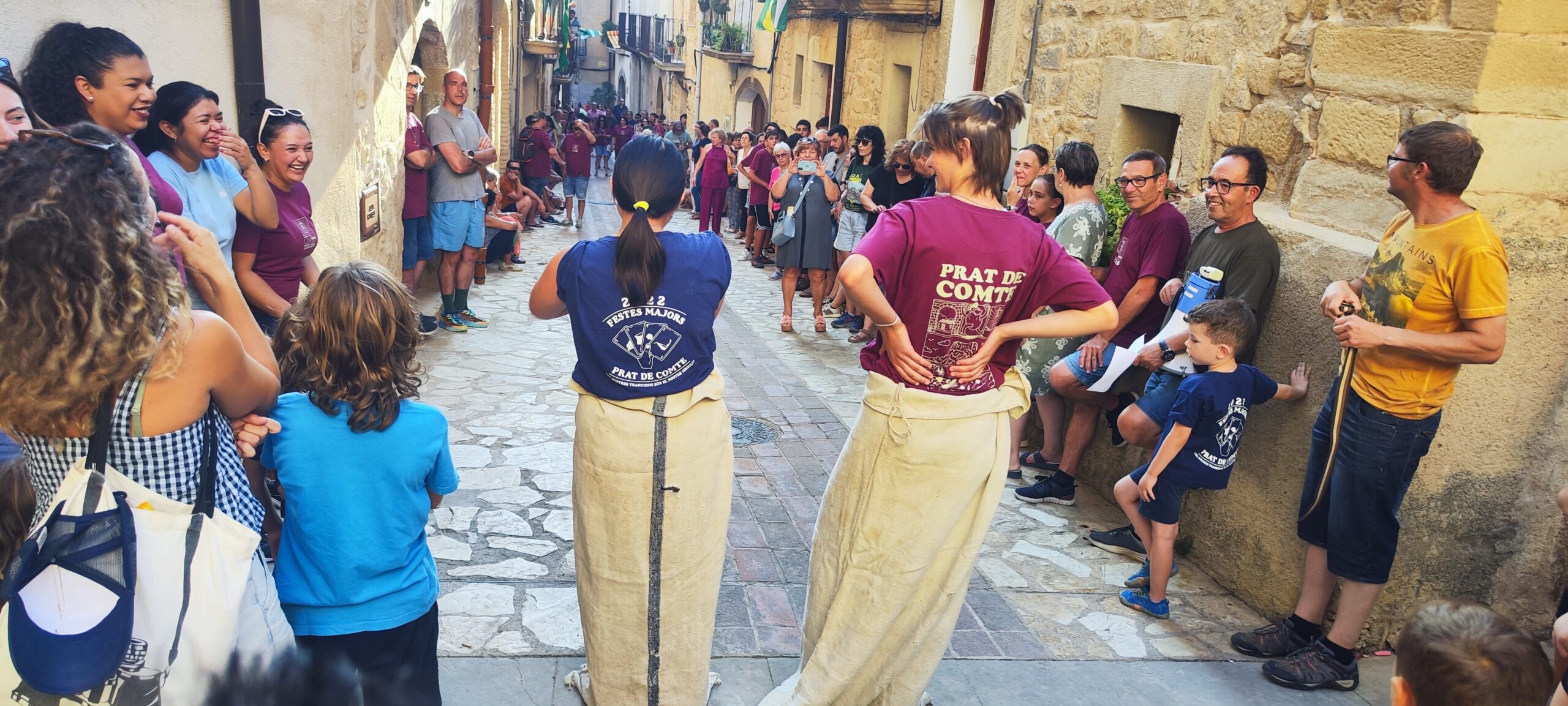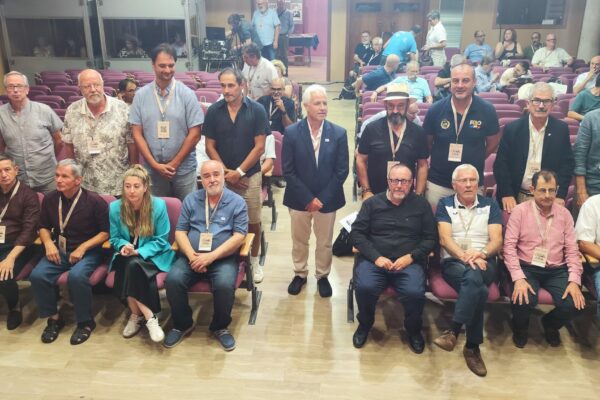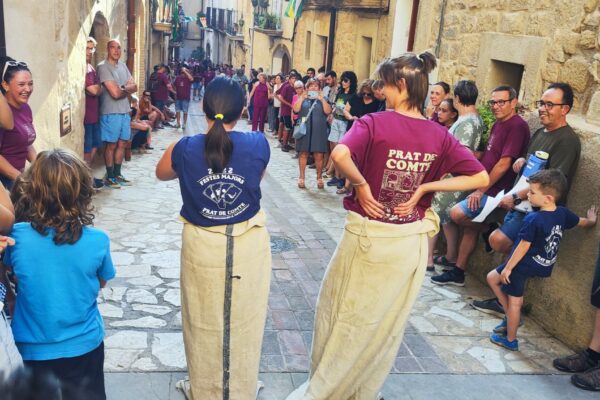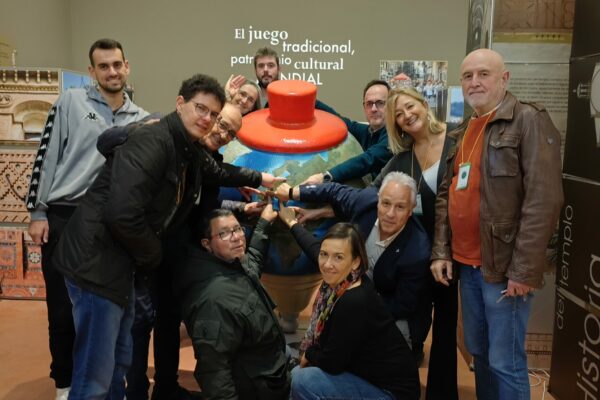
The European Association of Traditional Sports and Games (AEJeST) was founded on 28 April 2001 in Lesneven, France. It brings together federations, associations, cultural or sports organisations, academic institutions, and other entities and individuals whose common goals include education, management, promotion, and safeguarding of traditional sports and games (TSG) across Europe and beyond.
The Association’s main purpose is to foster the development, practice, and transmission of traditional sports and games in cooperation with its member organisations. AEJeST promotes the recognition of TSG as an essential component of intangible cultural heritage, social inclusion, education, and sustainable development.
AEJeST explicitly rejects all forms of discrimination based on religion, gender, sexual orientation, or ethnic origin. Its headquarters are located in Lesneven (France), and its duration is unlimited.
The main fields of activity of AEJeST include:
- Supporting the creation of regional and national associations of traditional sports and games.
- Developing a European and international information and cooperation network among members.
- Organising meetings, seminars, and international conferences on cultural heritage, education, and sport.
- Promoting research projects on the inventory, educational use, and recreational or sporting application of TSG.
- Encouraging the publication of books, journals, and audiovisual materials dedicated to the dissemination and teaching of TSG.
- Supporting all initiatives that contribute to education, social well-being, gender equality, and the inclusion of youth, older adults, and people with disabilities through traditional games and sports.Through these actions, AEJeST acts as a European platform for cooperation and advocacy, promoting cultural diversity and fostering intercultural dialogue through the values embodied in traditional games and sports.
Year of accreditation: 2010
Main domain(s) of the ngo’s activities: Oral traditions and expressions, Social practices, rituals and festive events
Main safeguarding measures: a) identification, documentation, research (including inventory-making), b) preservation, protection, c) promotion, enhancement, d) transmission, (non-) formal education, e) revitalization
Main country where the NGO works: 20 Countries from Europe





